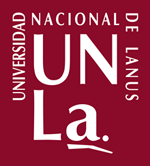Biopolitics and public policies in vulnerable population sectors
Abstract
Through the Psychology in Education approach, based on the archeological-genealogical method, the link between the current governamentality, biopolitics and public policies bound to population sectors which the WHO considered vulnerable is analyzed (childhood, addictions, mental illness and disability). Two kinds of biopolitics are deployed: isolation and inclusion, one and the other imprinting public policies since the 1980s through processes of individuation related to the economical-political rationality of the current governamentality. While both individuation and individual policies (characterized by intervening on individuals identified by first and family names), are addressed to solve social injustices, they only attend at reducing their incidence and to regulating their open manifestations.






